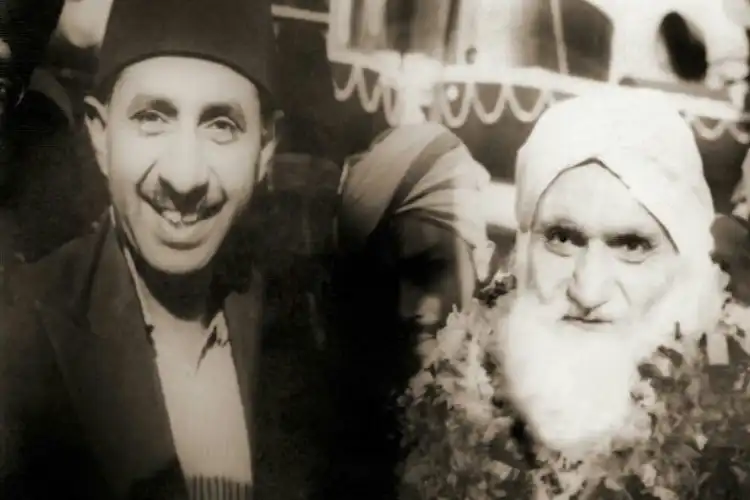Saquib Salim
The Information Technology (IT) revolution has changed the way the news is reported, propagated, and consumed. Tweets, Facebook posts, and WhatsApp forwards without editorial responsibility do reach more people than conventional media like television, newspapers, or magazines. However, it has added variations and also increased access to information. On the flip side, digital media feeds the audience with deliberate misinformation and propaganda.
Activists love to tag the foreign media and officials in their tweets about ‘communal’ or ‘caste’ atrocities in India. They feel it’s the best way to pressurise the governments. Many Muslim activists who have a public image of following ‘Islamic ideology’ follow this pattern. Does Islam allow this? As Muslims, can we ask for foreign help in an internal matter of the country?
I am no Islamic scholar, but I can tell what position Islamic scholars of repute have taken on this issue.
Maulana Ubaidullah Sindhi was an Islamic scholar from Deoband School. He was one of the most favoured disciples of Sheikh ul-Hind Maulana Mahmood Hasan and was considered an authority on the Quran and scholarship of Shah Waliullah Dehlvi. Hardly anyone, among Deoband's school of thought and otherwise as well, disputes his Islamic scholarship. Sindhi was a freedom fighter as well who formed revolutionary armed groups and had to live in exile for more than two dozen years in foreign lands before coming back to India in 1938.
At the time of his arrival, the Second World War (WWII) seemed imminent and Muslim League was canvassing its demand for a separate nation. In 1940, Mohammad Ali Jinnah-led Muslim League declared the creation of Pakistan as its goal. They started propaganda in foreign lands that Hindus and Muslims could not live in harmony and Muslims, if not saved, would be killed by Hindus.
Sindhi, a veteran freedom fighter, could not bear this lie being dished out in the name of Islam to ignorant people. He formed Jamuna, Narmada, Sindh, Sagar Party to counter them. In the introduction to the party manifesto, Sindhi clarified the very position on taking foreign help in matters of Indian Muslims.
Maulana Ubaidallah wrote, “Our aim is to have our rightful share in Indian politics through legitimate means. For this, we do not expect any help from Muslims living in foreign lands. If any foreign aggressor tries to invade India, even if it is a Muslim power, we will fight tooth and nail against it. We believe that no Muslim political power has a right to ruin this Indian land in the name of Islam. Aren't we Muslims? Don’t we have a right to govern and administer our nation? No doubt, foreign Muslim nations have every right to advance and develop themselves. But, we can never accept that they have any right to extend their suzerainty over India.”
Maulana Ubaidullah Sindhi believed that Indians should solve their problems themselves by providing security to food, education, and health to everyone. He believed that a universal adult franchise with social and economic security would transform India into the international power it once was.

